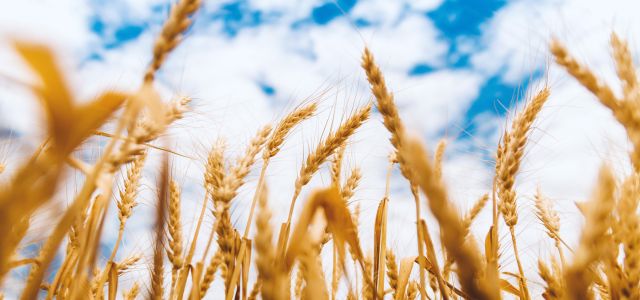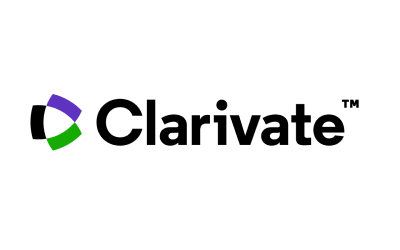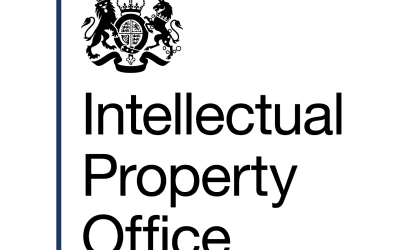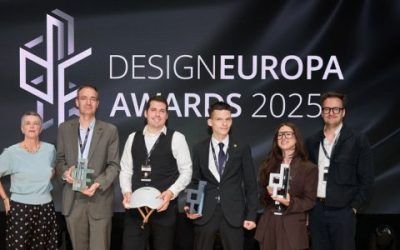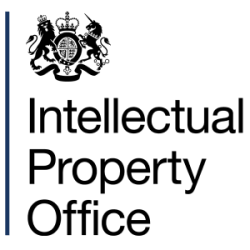In the appeal of Syngenta Crop Protection Ag v. Assistant Controller Of Patents before the Delhi High Court, the refusal order passed by the Ld. Controller of Patents on Application No. 202117035647 titled “Methods of Controlling or Preventing Infestation of Rice Plants by the Phytopathogenic Microorganism Gibberella Fujikuroi” was contested.
Objections in the hearing notice
Syngenta Crop Protection Ag (appellant) filed the patent application in 2021 as an Indian National Phase Application and was issued a hearing in March 2024. As per the hearing notice, claims 1-11 relate to the ‘method of agriculture‘ and the ‘method of controlling or preventing infestation of rice.‘ Thus, the claim was considered to attract Section 3(h) of the Patent Act. Further, there was an objection regarding the lack of industrial applicability.
Submission of the appellant before the Controller
The appellant mentioned that the present invention is neither a ‘method of agriculture‘ nor a ‘method of horticulture‘ and is a method for controlling or preventing infestation of rice plants by the microorganism Gibberella fujikuroi (fungi). Further, the appellant submitted that the invention methods addressed the severe rice disease Bakanae and are, therefore, industrially applicable.
The Controller’s observations on the hearing submission
The Controller highlighted that claim 11 relates to the method for growing, applying, or treating rice plants or a propagation material with a compound as claimed in claims 1-10. However, claims 1-10 did not address the compound itself, rather, they addressed the application of the compound. As a result, the dependency of claim 11 on claims 1-10 was erroneous.
Further, claim 11 falls under Section 3(h) for claiming the method for growing rice plants. As per the order, the process of treating fungus infection in a crop of rice plants by applying a compound of formula (I) falls under the scope of fundamental agricultural practices that are typically carried out by farmers and cannot be seen as distinct from agriculture.
Delhi High Court proceedings
The Learned Advocate for the appellant drew the attention of the Delhi High Court to the amendments carried out under Section 3(i) of the Patents Act (2003), where the words ‘treatment of plants’ were deleted from the patent exclusion list. The Learned Advocate for the Assistant Controller Of Patents (respondent) submitted that the word ‘agriculture’ used under Section 3(h) of the Patents Act has to have a broad and liberal meaning. They cited some sources wherein the term ‘agriculture’ has been given meaning to include the prevention of diseases in plants.
Analysis and findings of the Delhi High Court
Allowing the amendments
The Delhi High Court examined the proposed amendments sought by the appellant by deleting claims 2-9 and claim 11 and merging portions of claims one and 10. They found that the amendments sought do not alter the nature of the specification and seek to narrow the scope of the claims, thus allowing the amendments. The Delhi High Court remanded the matter back for a de-novo consideration by the Controller based on the amendments to the claims carried out by the appellants.
Confirming the method of treatment of plants as patentable subject matter
The Delhi High Court further opined that a method of treatment of plants would not fall under the purview of a ‘method of agriculture’ as defined under Section 3(h) of the Patents Act. It cannot be the legislature’s intent to remove the bar on patentability regarding the method of ‘treatment of plants’ under Section 3(i) and yet include the same within the purview of Section 3(h). Further, various relevant examples, as mentioned in the Indian Patent Manual, do not cover these methods as excluded subject matter.
Court order
The appeal was allowed on November 26, 2024, and the matter was remanded back to the Controller for a fresh examination in light of the aforementioned legal position.
Author’s analysis
The Delhi High Court is in agreement with the current position of the statute that the method of treatment of plants is a patentable subject matter. Now, we wait for another hearing, where the amended claims will be examined.

Written by Vikas Asawat
Patent & Trademark Attorney, IPMagnitude
You may also like…
Clarivate delivers new AI-powered solutions within Innography for competitive benchmarking and standard-essential patent analysis
AI Classifier delivers patent classification with up to 97% first-pass accuracy for portfolio benchmarking, while SEP...
New Minister appointed with responsibility for intellectual property
The UK Intellectual Property Office (UKIPO) CEO has welcomed the new Minister. Kanishka Narayan MP has been confirmed...
Bike safety and kitchen elegance win big at the DesignEuropa Awards 2025
COPENHAGEN — Today, the design community recognized two exceptional creations and two notable designers in the sixth...
Contact us to write for out Newsletter

